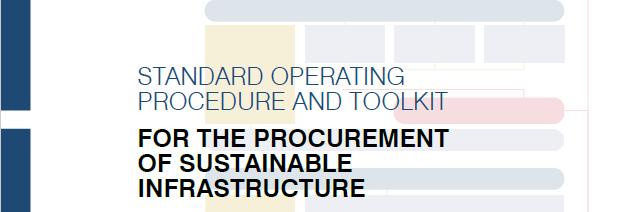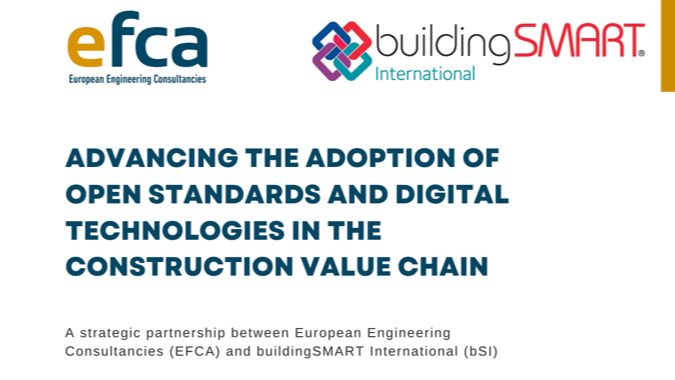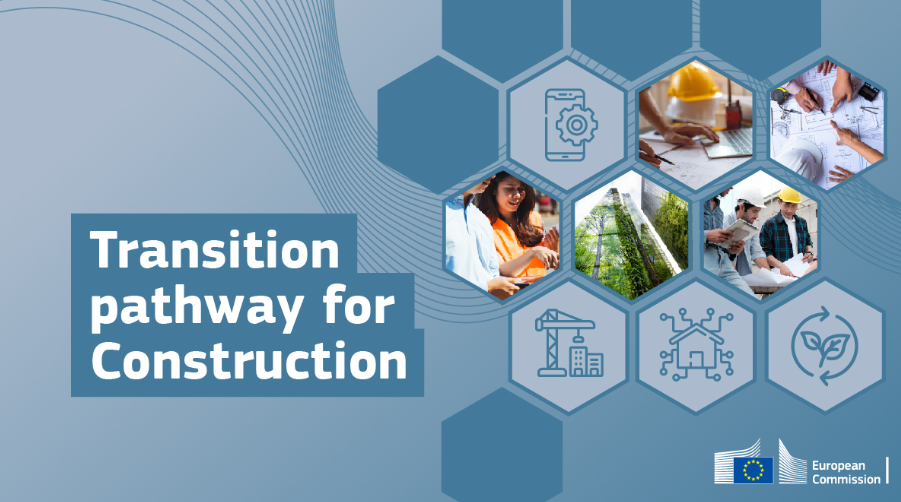A new book entitled ‘Nael G. Bunni in Dialogue with Tayseer Treky and Misbah Kamal: Insights on Construction Contracts and Insurance has recently been published.
This new book provides an interview conducted by Mr. Tayseer Treky and Mr. Misbah Kamal, the idea for which was born after they translated Dr. Bunni’s successful ‘Risk and Insurance in Construction’ into Arabic in 2017.
In addition to an autobiographical narrative and views on the insurance market, with a particular focus on Iraq in the 1960s, and with special reference to international construction and engineering, the dialogue covers complex and difficult issues in construction insurance and associated problems under the following chapters:
Chapter 1: The Formative Years in Iraq
Chapter 2: The Seed and Development of Construction Insurance in Iraq
Chapter 3: Ireland as Home and Place of Work
Chapter 4: The World of Construction Insurance Underwriting: selected issues
Chapter 5: The World of Construction Insurance Underwriting: additional questions
Chapter 6: Arab Construction Insurance Markets
Chapter 7: ‘Order out of Chaos’ – Loss Adjustment
Chapter 8: The International Construction Insurance Scene
Further information can be found on www.naelbunni.com, details on purchasing Nael’s book are here.
The ACEI are proud to support the Irish Green Building Council in their Building Net Zero Carbon Ireland Campaign.
The Irish Green Building Council – IGBC, is a non-profit organisation that was launched in 2011 with organisations and businesses from across the value chain of the built environment.
These include engineers, architects, contractors, universities and more.
All are united in one common goal to accelerate the transformation of the built environment to one that is sustainable through leadership, research, education, and providing policy input to national and local government.
The “Building a Zero Carbon Ireland: A Roadmap to decarbonise Ireland’s Built Environment across its Whole Life Cycle” report presents a set of recommendations to halve our sector emissions by 2030, and to decarbonise Ireland’s built environment by 2050.
For more information on the Building Net Zero Carbon Ireland Roadmap, See link below
https://www.igbc.ie/wp-content/uploads/2022/10/Building-Zero-Carbon-Ireland.pdf

Joint publication to be launched with EIC
Later this week, EFCA and the European International Contractors (EIC) will release the Standard operating procedure and toolkit for the procurement of sustainable infrastructure. This publication is the result of years of experience by contractors and consulting engineers, of submitting tenders for infrastructure projects in other continents, particularly those that are subject to investment by the Multilateral Development Banks (MDBs). The tool kit contains best practice and aims to guide procurement staff at MDBs, borrowers, public promoters, and implementing agencies in incorporating quality and sustainability criteria into large infrastructure tenders. EFCA will post more information on LinkedIN in the coming days.

Why consulting engineers are ‘more crucial than ever’
In a recent exclusive interview with International Construction Magazine, our EFCA President, Inés Ferguson, highlighted the pivotal role of consulting engineers in shaping a sustainable and digitally transformed future. Consulting engineers are leading the charge in driving the green transition and embracing digital technologies. Through their expertise, they design and implement solutions that reduce carbon emissions, enhance resilience, and promote circularity in our built environment. By leveraging tools like BIM and digital twins, consulting engineers optimise project outcomes and unlock new possibilities. In the interview, Inés shed light on her vision for EFCA’s work. She emphasised the importance of collaboration and engagement with European institutions, as well as advocating for policies that benefit the consulting engineering industry. Finally, she also discussed EFCA’s role in influencing legislation at both European and national levels, ensuring a unified voice and impactful outcomes. More information is available here.

Introducing the Ukraine Facility
The European Commission is working on a regulation that will establish the Ukraine Facility, a flexible instrument aimed at providing the country with predictable financial support from 2024 to 2027. This initiative seeks to address Ukraine’s short-term state and recovery needs while also supporting its medium-term reconstruction and modernisation efforts. To gather input and feedback on the proposed regulation, the Commission has initiated an open consultation, which will close on 5 September. EFCA and its Ukraine Support Group welcome the Commission’s proposal and will submit a common view, following consultation with its members. More information is available here.

Study’s findings on Circular Approaches in Construction
The European Commission has recently published a study that examines the application of circular approaches within the construction industry ecosystem. This study not only emphasises the potential benefits of transitioning to a circular economy in construction but also identifies key barriers that must be overcome for widespread implementation. EFCA made a key contribution to this study, highlighting the need for a broader perspective on circularity and advocating for standardised measurement practices. More information is available here.

Newsletter on summer break
While the EFCA office will remain operational throughout the summer, our newsletter will take a break. The next issue will be delivered to your mailbox on September 07.
We welcome the new introductory guide from the Department of Housing, Local Government and Heritage together with the Department of Enterprise, Trade & Employement released this week on Modern Methods of Construction.
The intent of the MMC introductory guide is to provide information about MMC for the non-technical reader/general public.
The guide is available through Gov.ie HERE
The Minister for Public Expenditure, National Development Plan Delivery and Reform, Paschal Donohoe TD, and Minister of State with responsibility for Public Procurement and eGovernment, Ossian Smyth T.D., have announced significant amendments to the Public Works Contract to provide greater certainty with respect to risk in response to continuing challenges in the construction market. The package will rebalance the risk involved in delivering public works projects, while maintaining expenditure control for contracting authorities. The full report is available here.
The OGP has recently published its BIM Implementation plan which sets out the Government’s intention to phase in BIM on a mandatory basis in public sector contracts, it is available for download here.
The Construction Industry Council (CIC) is delighted to publish the Construction Industry Council Roundtable Meeting Report: De-Risking the System – Building Control Compliance.
Challenges associated with residential construction remain high and need to be tackled to effectively put Housing for All on a long-term sustainable footing.
Lead by the RIAI, the aim of the first roundtable meeting, was to create an opportunity for a forum in which current policy, legal and regulatory frameworks, the volume and delivery of our buildings, and the infrastructure to support those, could be considered with a cohesive voice and collective influence to inform the report.
Importance was placed on the alignment of objectives while respecting the various roles involved in any planning and construction project. In summary, the main issues addressed by the report are:
• Resourcing the industry
• Collaborative roles
• Regularisation
• Supervision v Inspection, and the need for both.
• Certificate Submission
• Penalties
The report will be submitted to government for their consideration of the issues and recommendations. To continue to build upon the success of the first roundtable meeting, CIC participating body representatives are considering further topics of interest.
The CIC wishes to thank members, the wide range of industry, local government and public sector participants for their time and expertise at the workshop held 02 December 2022.

Advancing the adoption of open standards and digital technologies in construction
We are thrilled to announce the strategic partnership between European Engineering Consultancies and buildingSMART International. Together we want to promote the adoption of open standards and digital technologies in the construction industry. In spite of the growing use of BIM, we still need full interoperability and standardised work practices. Open standards provide a framework for seamless integration and collaboration, fostering efficiency and innovation. EFCA brings industry expertise and a vast network of professionals, while bSI’s global presence and experience in developing open standards has long supported the transformation of the design and construction process. Together, we will work for the industry’s efficiency, effectiveness, and sustainability.
Through this partnership, EFCA and bSI will develop guidelines and push for a more connected, digitally advanced construction ecosystem. More information is available here.

Supporting the Transition Pathway: EFCA’s commitments
Following the publication of the Transition Pathway for Construction by the European Commission’s Directorate-General for Internal Market, Industry, Entrepreneurship and SMEs (DG GROW) earlier this year, EFCA has presented its commitments in response to this document. Concrete actions taken by EFCA involve strengthening partnerships and cooperation with stakeholders such as industry associations, research institutes, policymakers, and other key participants in the construction value chain to enhance the promotion of skills and talent in the sector. Additionally, EFCA is interested in exploring the development of Level(s) for infrastructure and supports the creation of Digital Building Logbooks, which will improve access to vital information and efficiency.

EFCA responds to consultation on external financing instruments
EFCA has submitted its response to the EU’s public consultation on the Evaluation of the EU’s External Financing Instruments for the 2014-2020 and 2021-2027 financial frameworks. EFCA’s preliminary analysis highlights both positive and challenging aspects of the new financing instrument. While the new partnership instrument has increased cooperation with partner countries, accessing EU funds has become more complicated for the European engineering industry, particularly for SMEs. The absence of dialogue with EU Delegation staff and the introduction of new procurement criteria have deterred European engineering firms from engaging in EU external aid tenders. Additionally, the shift towards budget support mechanisms and delegated management has reduced the visibility of EU external cooperation. The consolidation of separate instruments into the NDICI-GE has led to fewer service contract tenders from the European Commission, affecting the activity level of the European consulting industry.
EFCA welcomes the European Commission’s evaluation of the external financing instrument but urges an assessment of its impact on the European consulting industry. Ongoing dialogue and addressing these challenges will be vital for optimising the instrument’s potential and supporting a thriving consulting industry in Europe. More information is available here.

EFCA Green Deal Committee Discusses Taxonomy
During the meeting of the Green Deal Committee earlier this week, members exchanged views on the latest developments in taxonomy and its implications for the consulting engineering field. To help us better understand the subject, we were delighted to hear from Philippe Moseley (DG GROW) and Pekka Vuorinen (Finnish Association of Construction Product Industries), whose contributions really informed our discussions. Given the European Union’s ambitious sustainability objectives, the taxonomy assumes a vital role in facilitating the transition towards a more sustainable economy. The focal points of the discussion included the challenges and opportunities that arise from aligning with the taxonomy’s criteria and standards. Given that engineers will be responsible for performing the calculations for taxonomy reporting, it is crucial for our members to actively engage in these discussions and ensure that the criteria are workable. EFCA remains fully committed to actively collaborating with policymakers and industry stakeholders to ensure that the implementation of the taxonomy solves the problems it aims at solving. EFCA is also advocating for a taxonomy that is equitable, inclusive, and supportive of the industry’s transition towards sustainability.
The Minister for Housing, Local Government and Heritage signed the European Union (Construction Products) (Amendment) Regulations 2023 (S.I. No. 217 of 2023) on 4 May 2023.
These Regulations:
- give further effect in Irish law to Regulation (EU) 2019/1020 of the European Parliament and of the Council of 20 June 2019 on market surveillance and compliance of products and amending Directive 2004/42/EC and Regulations (EC) No 765/2008 and (EU) No. 305/2011 (known as the Market Surveillance Regulation or “the MSR”), in so far as it relates to construction products,
- give further effect in Irish law to Regulation (EU) No 305/2011 of the European Parliament and of the Council of 9 March 2011 laying down harmonised conditions for the marketing of construction products and repealing Council Directive 89/106/EEC (known as the Construction Products Regulation or “the CPR”), and
- amend the European Union (Construction Products) Regulations 2013 (S.I. No. 225 of 2013).
A copy of the European Union (Construction Products) (Amendment) Regulations 2023 (S.I. No. 217 of 2023) is available on https://www.irishstatutebook.ie/eli/statutory.html.
ACEI is pleased that in the latest edition of Irish Building Magazine, John Purcell, ACEI President 1994/95 received the Industry Contribution Award for promoting and advancing the M&E engineering profession at the ICE Awards 2023. A significant number of ACEI member firms were successful in this year’s ICE awards and are listed here.
